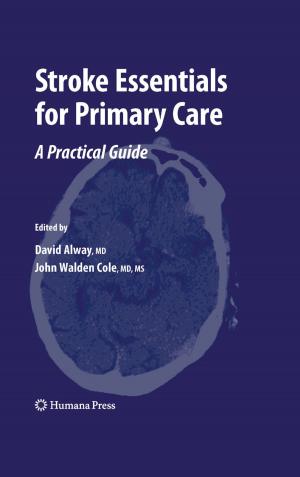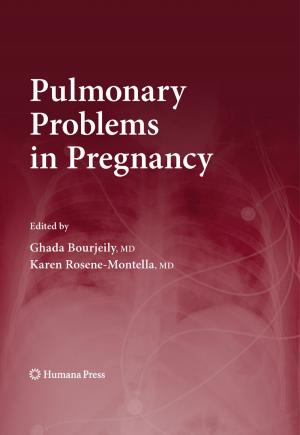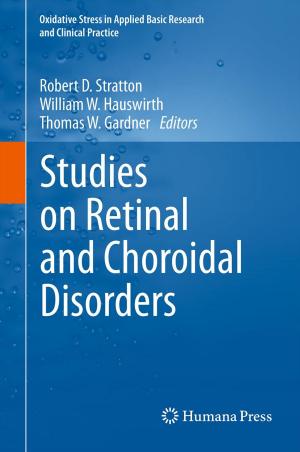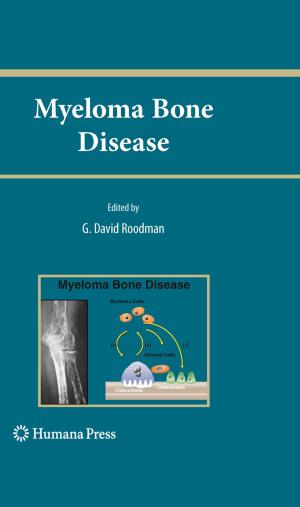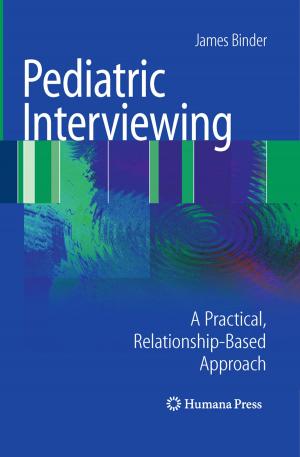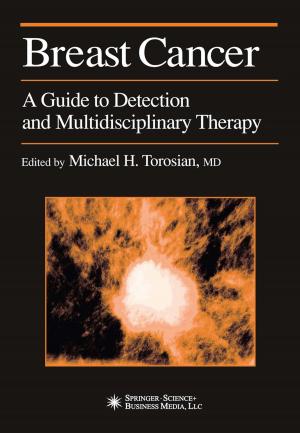Exercise Genomics
Nonfiction, Health & Well Being, Medical, Specialties, Internal Medicine, Endocrinology & Metabolism, Sports Medicine| Author: | ISBN: | 9781607613558 | |
| Publisher: | Humana Press | Publication: | March 23, 2011 |
| Imprint: | Humana | Language: | English |
| Author: | |
| ISBN: | 9781607613558 |
| Publisher: | Humana Press |
| Publication: | March 23, 2011 |
| Imprint: | Humana |
| Language: | English |
Exercise Genomics encompasses the translation of exercise genomics into preventive medicine by presenting a broad overview of the rapidly expanding research examining the role of genetics and genomics within the areas of exercise performance and health-related physical activity. Leading researchers from a number of the key exercise genomics research groups around the world have been brought together to provide updates and analysis on the key discoveries of the past decade, as well as lend insights and opinion about the future of exercise genomics, especially within the contexts of translational and personalized medicine. Clinicians, researchers and health/fitness professionals will gain up-to-date background on the key findings and critical unanswered questions across several areas of exercise genomics, including performance, body composition, metabolism, and cardiovascular disease risk factors. Importantly, basic information on genomics, research methods, and statistics are presented within the context of exercise science to provide students and professionals with the foundation from which to fully engage with the more detailed chapters covering specific traits.
Exercise Genomics will be of great value to health/fitness professionals and graduate students in kinesiology, public health and sports medicine desiring to learn more about the translation of exercise genomics into preventive medicine.
Exercise Genomics encompasses the translation of exercise genomics into preventive medicine by presenting a broad overview of the rapidly expanding research examining the role of genetics and genomics within the areas of exercise performance and health-related physical activity. Leading researchers from a number of the key exercise genomics research groups around the world have been brought together to provide updates and analysis on the key discoveries of the past decade, as well as lend insights and opinion about the future of exercise genomics, especially within the contexts of translational and personalized medicine. Clinicians, researchers and health/fitness professionals will gain up-to-date background on the key findings and critical unanswered questions across several areas of exercise genomics, including performance, body composition, metabolism, and cardiovascular disease risk factors. Importantly, basic information on genomics, research methods, and statistics are presented within the context of exercise science to provide students and professionals with the foundation from which to fully engage with the more detailed chapters covering specific traits.
Exercise Genomics will be of great value to health/fitness professionals and graduate students in kinesiology, public health and sports medicine desiring to learn more about the translation of exercise genomics into preventive medicine.



